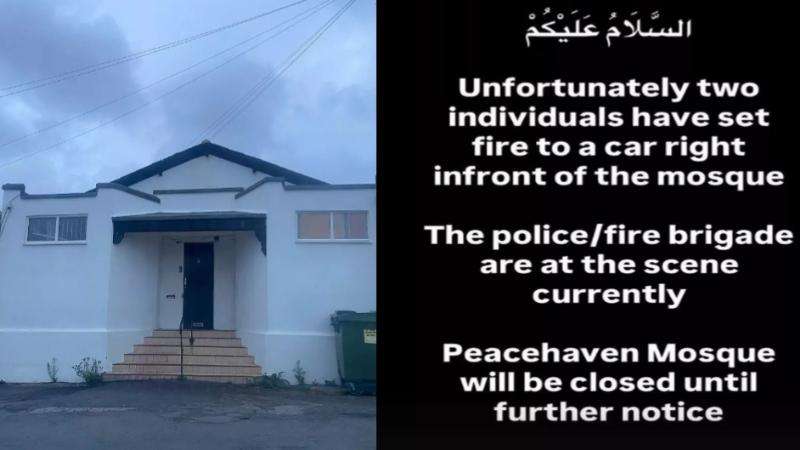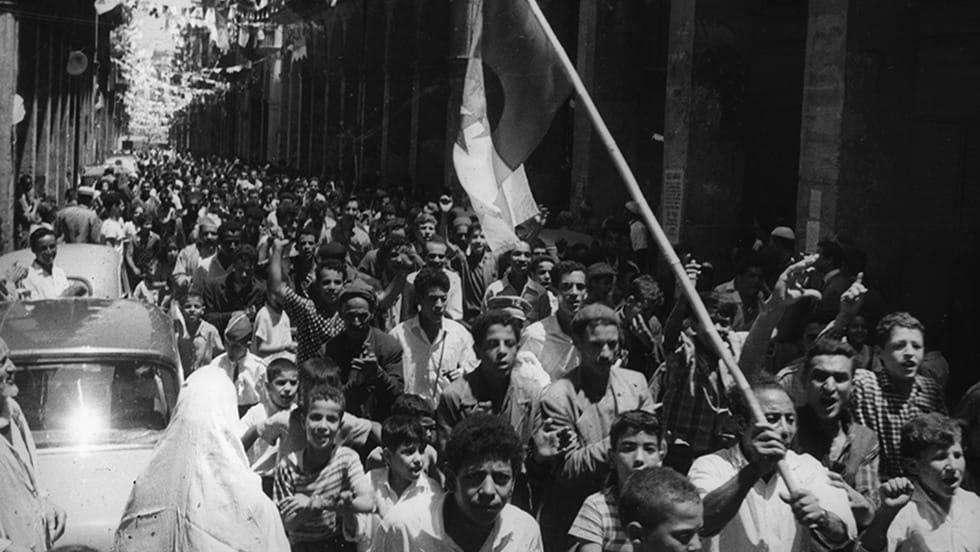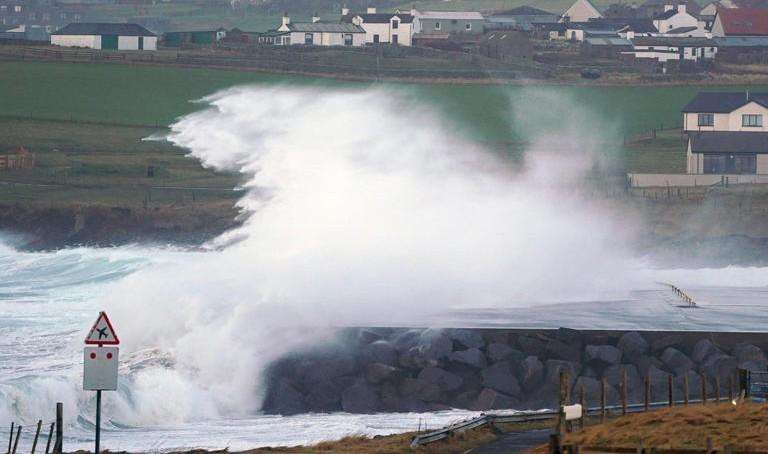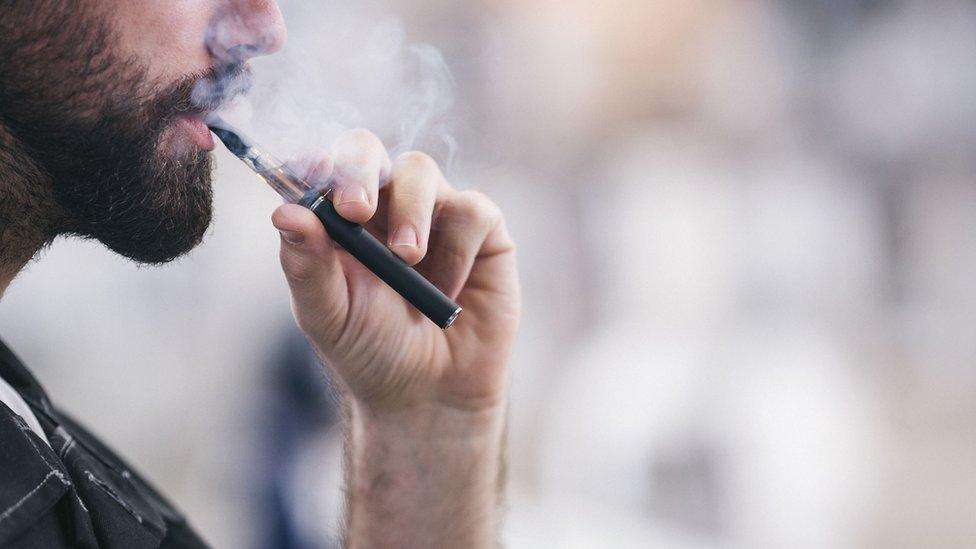Algeria recalls the heinous massacre committed by the colonial and racist France ruler during a peaceful demonstration, organized by the independent loving Algerian people, in Paris on October 17, 1961
Historians say at least 120 Algerian protesters were killed by Paris police during demonstrations against discriminatory policies on October 17, 1961.
Historian Fabrice Riceputi says this is because what happened on October 17, 1961, in central Paris was a “colonial massacre”. “One of the characteristics of all colonial massacres in history is that it is impossible to make precise assessments,” he told Al Jazeera.
On October 17, 1961, protesters held a peaceful demonstration against a discriminatory night-time curfew targeting Algerians in the Paris region. About 12,000 Algerians were arrested and dozens were killed, their bodies thrown into the Seine River.
The protesters – 30,000 pro-independence Algerians – were demonstrating against a curfew that had been imposed on “Algerian Muslim workers”, “French Muslims” and “French Muslims of Algeria”.
According to historian Jean-Luc Einaudi, the authorities intended not only to stop the demonstration but to kill the protesters; police officers even threw some of the demonstrators alive into the River Seine.
To mark the day, Algerian Ambassador in Dhaka Dr Abdelouahab Saidani hosted a gathering at his Gulshan residence in the city on Thursday.
In his speech he said “ We commemorate together this historic day October 17, 1961, one of the dates most anchored in not only the memory of the Algerian people but also that of all humanity. As I have already mentioned, October 17, 1961 is one of the most important and serious events in the history of the Glorious Algerian Revolution. It was the day of the heinous massacre committed by France against Algerian demonstrators who were peacefully protesting against the racist and arbitrary curfew imposed on Algerians in Paris in 1961.“
On the orders of the Paris police prefect, criminal Maurice Papon, the French police opened fire on thousands of Algerians who were protesting against this racist law imposed against them and demanded the independence of Algeria. The police forces deliberately killed hundreds of Algerians in the streets and metro stations, and savagely threw them into the Seine.
“This odious and unprecedented genocide committed by France and these barbaric forces did not slow down the determination of the Algerian people and our dear fellow citizens in France to continue their resistance but on the contrary they contributed to giving a new impetus and a new dynamic, as well as a strong will to our dear and courageous people to continue their fierce fight against the force of darkness, by forcing French colonization to surrender, thus imposing the National Independence of Algeria, on July 5, 1962” he added.
Meanwhile, pressure mounts on France to recognise the 1961 Paris massacre of Algerians as a ‘state crime’.
Widely regarded by historians as the most violent repression of a protest in post-war Western Europe, many in France still refuse to confront it.
But today, in the context of growing social movements that call for racial justice and an end to police brutality, there is mounting pressure for France to confront its violent past.
In 2012, then-President of France Francois Hollande recognised the “bloody repression” in 1961, but historians say the government has not taken concrete action and that information about the event continues to be suppressed…
Meanwhile, Algeria marked 62 years of independence from France on 5 July, 2024 but competing narratives over atrocities committed during more than a century of colonial rule still trigger bitter diplomatic tensions between Paris and Algiers.
Young Algerians hang a national flag on a wall in the Casbah of Algiers on 6 July 1962, a day after the country proclaimed its independence from France.
Algeria won its independence after a gruelling eight-year war that ended with the signing of the Evian Accords in March 1962.
On 5 July of that year – just days after 99.72 percent of the population voted for independence in a referendum – Algeria finally broke free from colonial rule. But memories of the 132-year occupation continue to plague its ties with France.
_7.jpg)







.svg)


